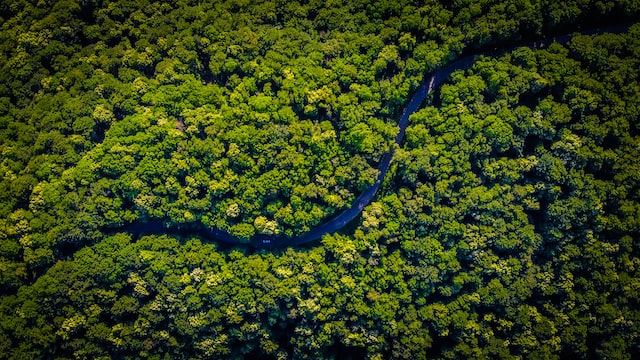A new research that seeks to raise awareness even as the world governments are on their final leg of negotiations for COP15 in Montreal has shown that human behaviours could lead to more than 42,000 plants and animal species out of the 150,388 monitored going extinct.
The report, which was prepared by the International Union for Conservation of Nature, also says more than a tenth of plant and animal species on Earth could go extinct by the end of the century if the current trends on emissions continue.
Published on Friday in Science Advances journal, the paper paints an alarming picture of what could unfold if the current climate crisis continues to trend, arguing that a rise in temperature could fracture Earth’s web of life.
Using hundreds of virtual Earths populated by more than 33,000 species, scientists looked at how relationships between virtual plants and animals changed due to different biodiversity loss drivers.
Read also: Report: World’s coal use creeps to a new high in 2022
The virtual species were able to recolonise new regions of the planet and adapt to changing conditions in the model, say, researchers, who found that climate change would be the main drive of extinctions.
According to researchers, 6 per cent of plants and animals will disappear by 2050 if there is no change in emission norms and eventually, the figure would rise to 13 per cent by the end of the century. It noted that in the worst-case scenario, an estimated 27 per cent of plants and animals could disappear by 2100.
“We have populated a virtual world from the ground up and mapped the resulting fate of thousands of species across the globe to determine the likelihood of real-world tipping points,” said Dr Giovanni Strona, a co-author and a scientist at the University of Helsinki.
“This study is unique because it accounts also for the secondary effect on biodiversity, estimating the effect of species going extinct in local food webs beyond direct effects. The results demonstrate that interlinkages within food webs worsen biodiversity loss,” said the study’s co-author, Prof Corey Bradshaw of Flinders University in Australia.
Story was adapted from Wion.
